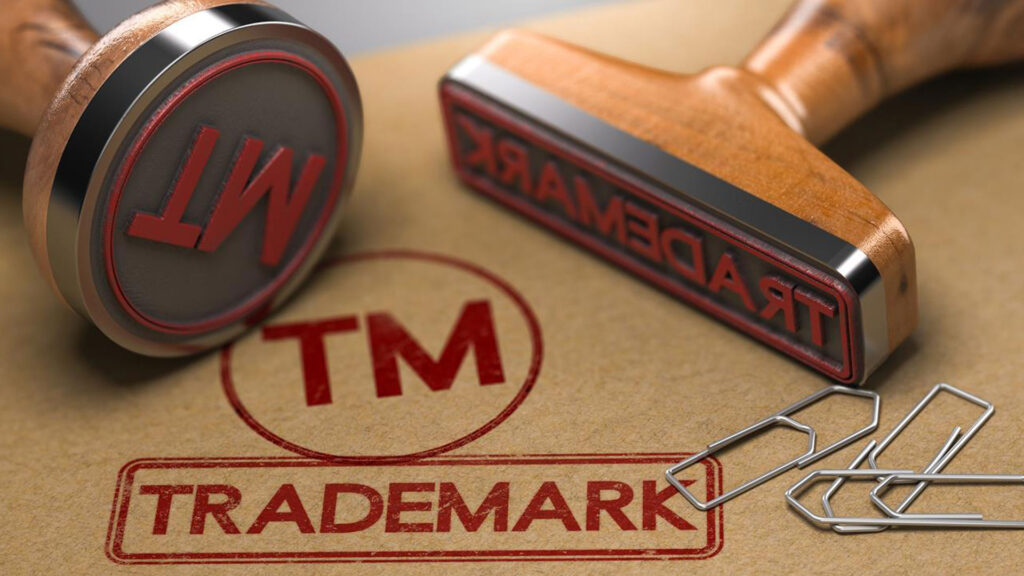Introduction
In Pakistan, like many other countries, trademarks play a crucial role in protecting the identity and reputation of businesses. A trademark serves as a unique identifier for goods and services, allowing consumers to distinguish between products from different sources. To secure these rights and enjoy legal protection, businesses must understand and navigate the trademark registration process in Pakistan. In this comprehensive guide, we will delve into the laws and procedures governing trademark registration in Pakistan, ensuring that you are well-equipped to safeguard your brand.
Understanding Trademarks in Pakistan
Before we dive into the registration process, let’s grasp the basic concept of trademarks in Pakistan. According to the Trade Marks Ordinance, 2001, a trademark is defined as any visible sign capable of being represented graphically, which distinguishes the goods or services of one undertaking from those of another. These signs can include words, names, logos, numerals, devices, or any combination thereof. Trademarks can also include shapes of goods or their packaging.
The Trademark Registration Process in Pakistan
1. Pre-application Search
The first step in the trademark registration process is conducting a pre-application search. This involves checking whether your proposed trademark is already registered or is similar to existing trademarks in Pakistan. This is a crucial step to avoid potential infringement issues later on.
2. Filing an Application
Once you are certain that your desired trademark is unique, you can proceed to file a trademark application with the Intellectual Property Office of Pakistan (IPO-Pakistan). You can file this application online through the IPO-Pakistan’s official website or by submitting a physical application at their office.
3. Examination
After you’ve submitted your application, it undergoes an examination by the IPO-Pakistan to ensure it complies with the requirements of the Trade Marks Ordinance. This includes checking for any conflicts with existing trademarks, and if your application passes this stage, it moves forward.
4. Publication
Upon successful examination, your trademark will be published in the Trademarks Journal, allowing third parties to oppose your registration within a specific period, typically 2 months. If there are no oppositions or if they are resolved in your favor, your trademark will proceed to registration.
5. Registration
Once the opposition period has passed and there are no unresolved issues, your trademark is registered. You will receive a certificate of registration, which grants you exclusive rights to use the trademark in connection with the specified goods and services.
Trademark Registration Duration and Renewal
In Pakistan, trademark registration is valid for a period of ten years, starting from the date of filing. However, it can be renewed indefinitely in ten-year increments by paying the requisite renewal fees. It’s essential to keep track of your trademark’s renewal date to ensure continuous protection.
Benefits of Trademark Registration
1. Legal Protection: Registering your trademark provides legal protection against unauthorized use of your brand. It gives you the exclusive right to use your trademark in connection with your goods or services.
2. Brand Recognition: A registered trademark helps build brand recognition and consumer trust. It sets your products or services apart from competitors and establishes your unique identity in the marketplace.
3. Asset Value: A registered trademark is a valuable asset for your business. It can be licensed, franchised, or used as collateral for loans, contributing to your company’s overall value.
4. Preventing Infringement: Registration allows you to take legal action against anyone who attempts to use a similar or identical trademark for similar goods or services, protecting your brand’s reputation.
5. International Expansion: A registered trademark can be a stepping stone for expanding your business internationally, as it can be used as the basis for trademark registrations in other countries.
Challenges and Considerations
While trademark registration in Pakistan offers numerous advantages, it’s essential to be aware of some challenges and considerations:
1. Oppositions: Your trademark application may face opposition from third parties. You must be prepared to defend your registration during this phase if needed.
2. Enforcement: Registering a trademark is just the first step. You must actively monitor and enforce your rights to prevent infringement.
3. Use It or Lose It: In Pakistan, trademarks can be canceled if not used for a continuous period of five years. It’s crucial to actively use and protect your trademark.
4. Trademark Classes: Trademarks are registered in specific classes, covering various goods and services. You should carefully select the classes that best represent your business.
5. Professional Assistance: Trademark law can be complex. Consider seeking legal advice or hiring a trademark attorney to navigate the process effectively.
Conclusion
Trademark registration in Pakistan is a crucial step in protecting your brand and intellectual property. By following the prescribed legal process, you can secure exclusive rights to your trademark, ensuring that your business stands out in the marketplace and is shielded from potential infringements. While the process may seem complex, with the right knowledge and professional guidance, you can successfully navigate the trademark registration process and safeguard your business’s valuable assets. Remember that trademarks are essential tools for brand building and protecting your business’s identity and reputation.

